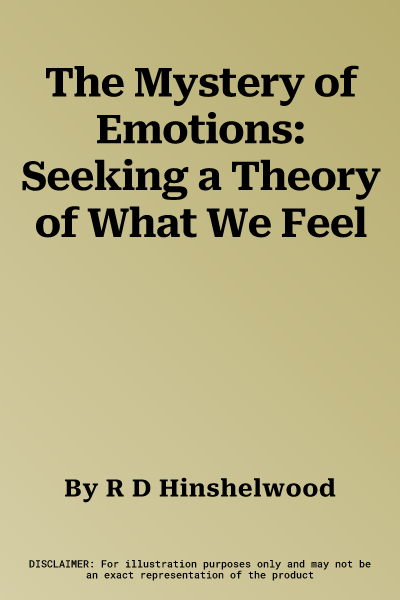Psychoanalysis is, above all, the science of the emotions but, as yet,
there is no single accepted theory of affects. Instead, there are many,
all of them too limited, based, as they are, on idiosyncratic
introspection. R. D. Hinshelwood presents an extensive scoping of the
prominent theories from the philosophy of mind and academic psychology
alongside a review of psychoanalytic ideas based on instinct theory or
object relations. This wide review of divergent theories from various
disciplines helps to mitigate variation and identify commonalities. From
this scoping exercise, Hinshelwood creates a form of qualitative
meta-analysis which enables the most common dimensions to come to the
fore - namely, 113 features of affects form a more general theory with
four dimensions. This more systematic view offers an affective 'space'
as a model for thinking about the nature of affects, their origins, and
their consequences. At the same time, Hinshelwood retains the personal.
He starts with the memory which initiated his quest to understand how
much we are rooted in the experience of our feelings and includes a
chapter documenting his own idiosyncrasies to bring his own bias to the
fore. In this way, the book preserves the especially personal and
intimate quality of its universal topic.

